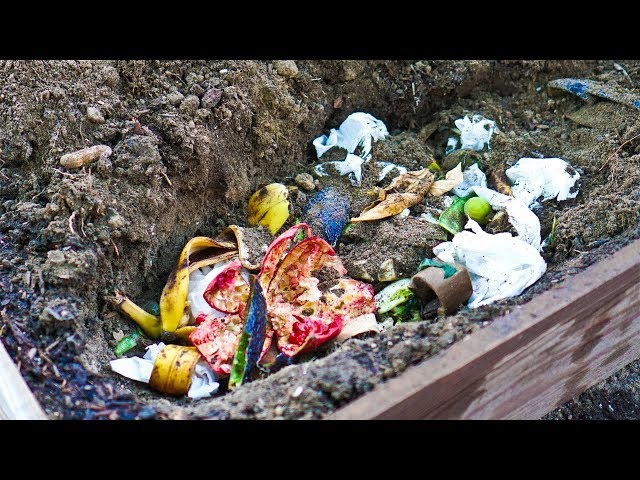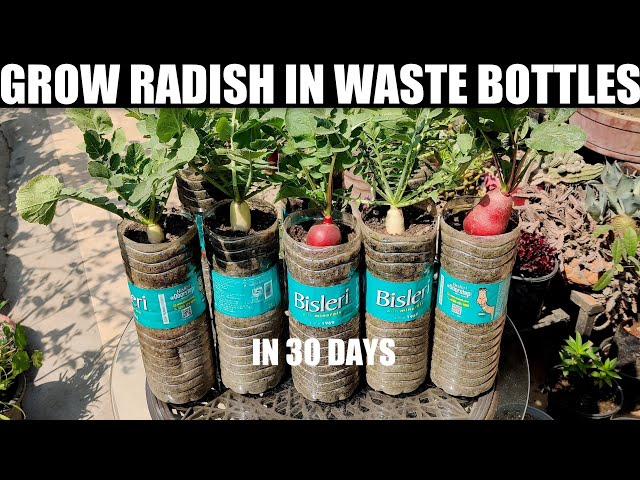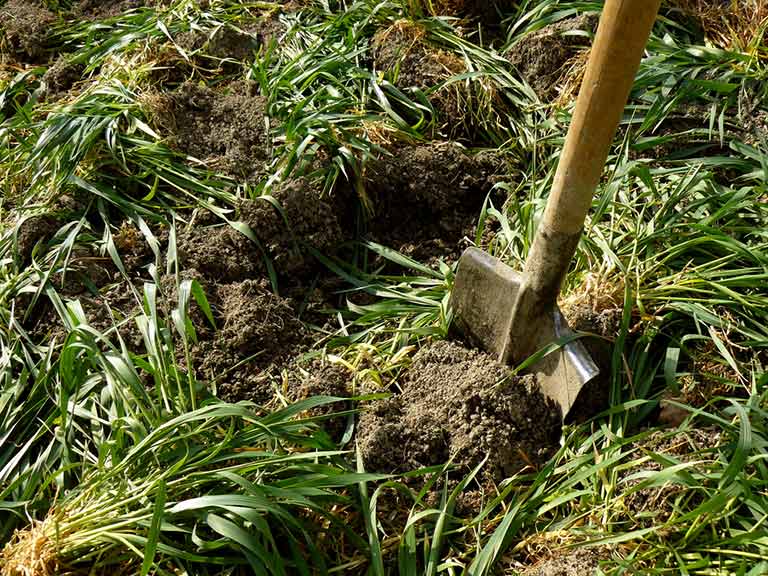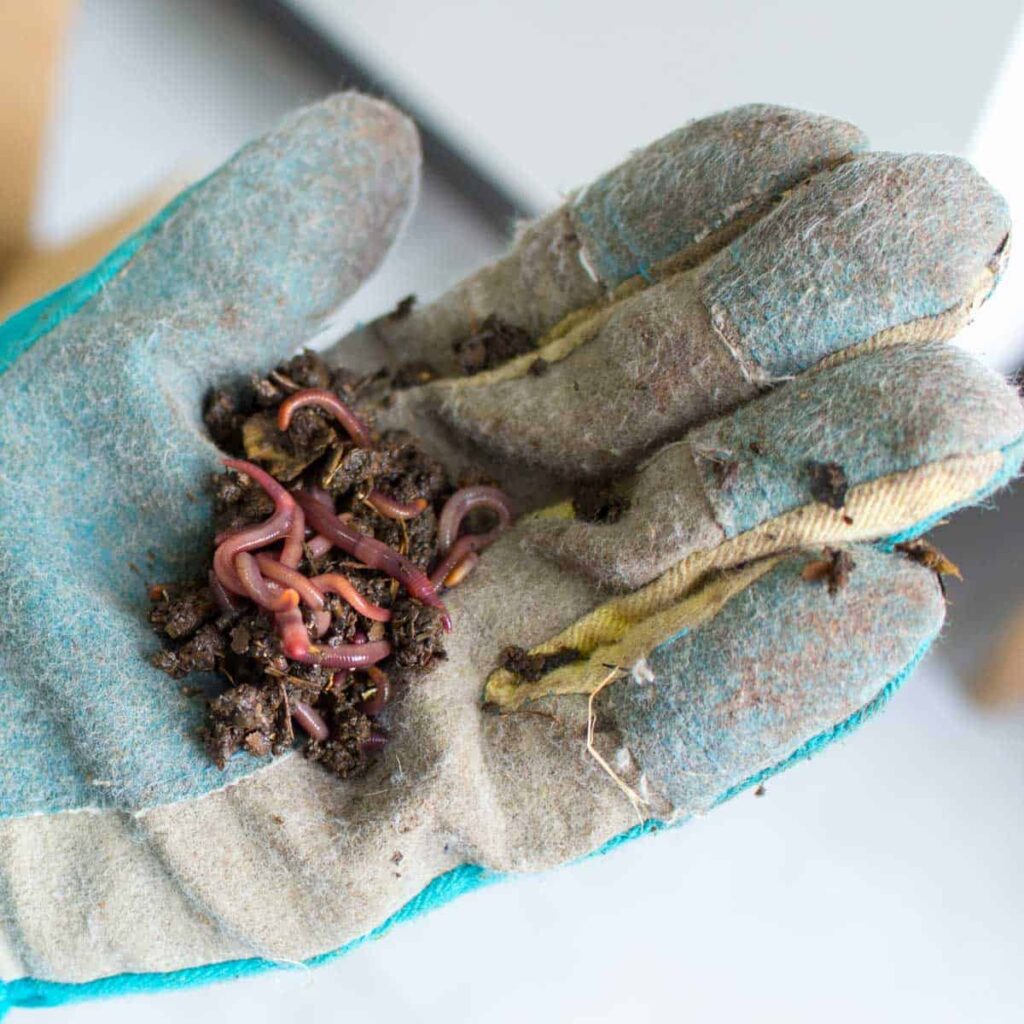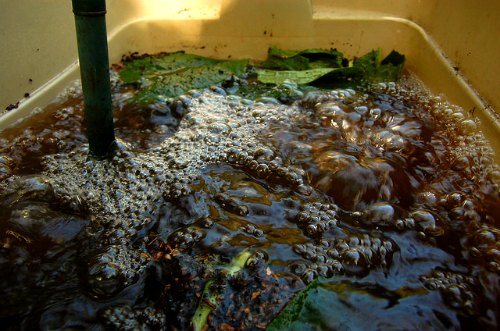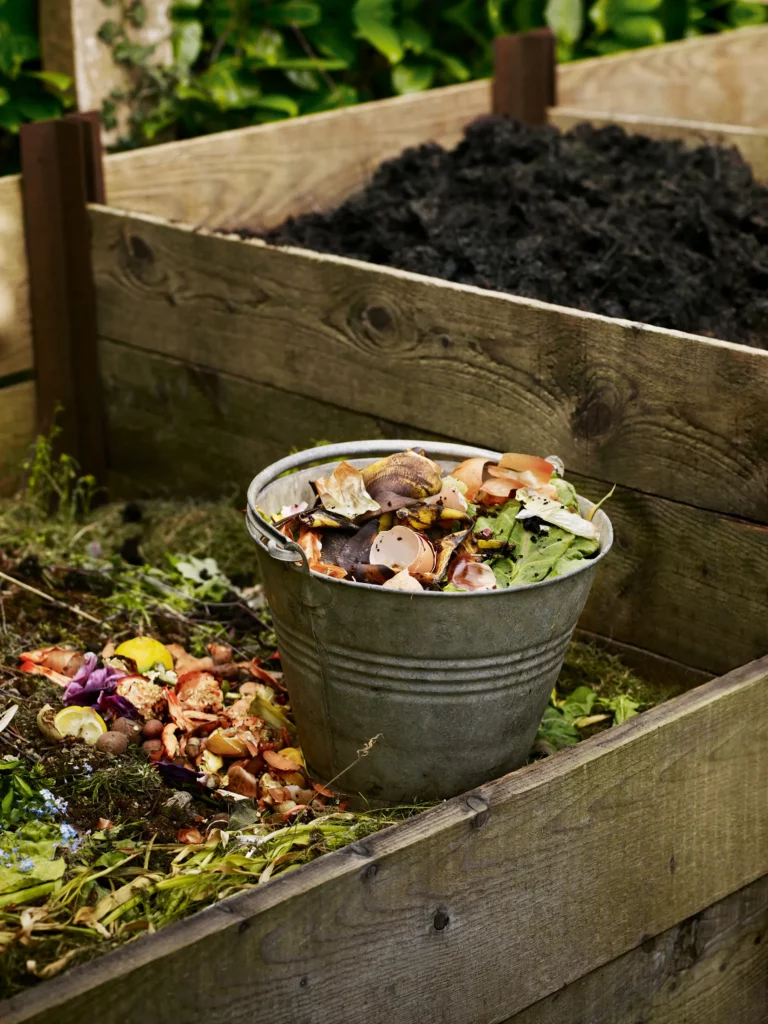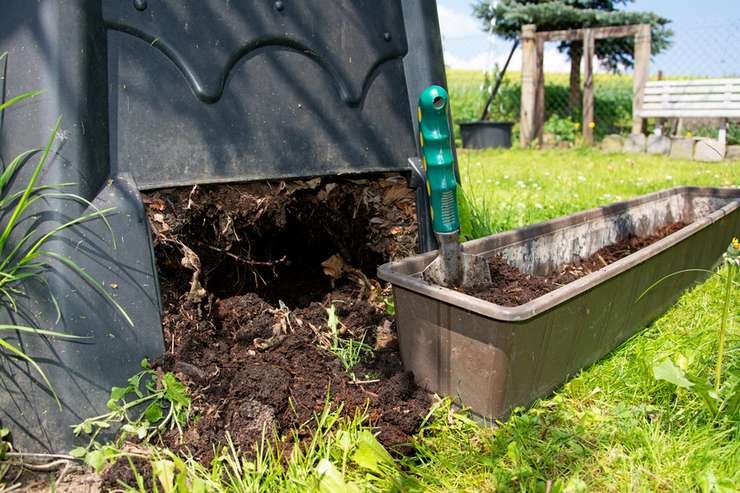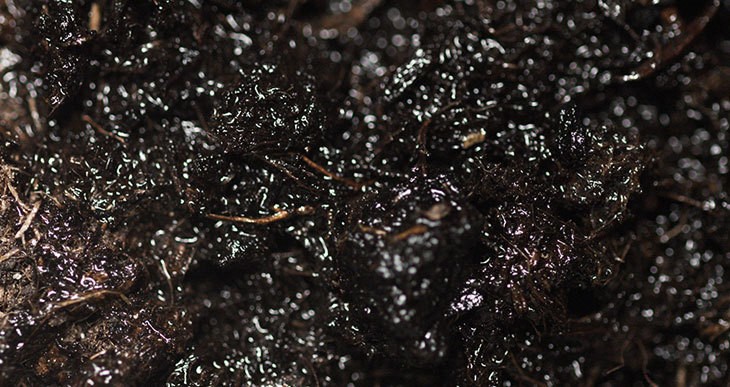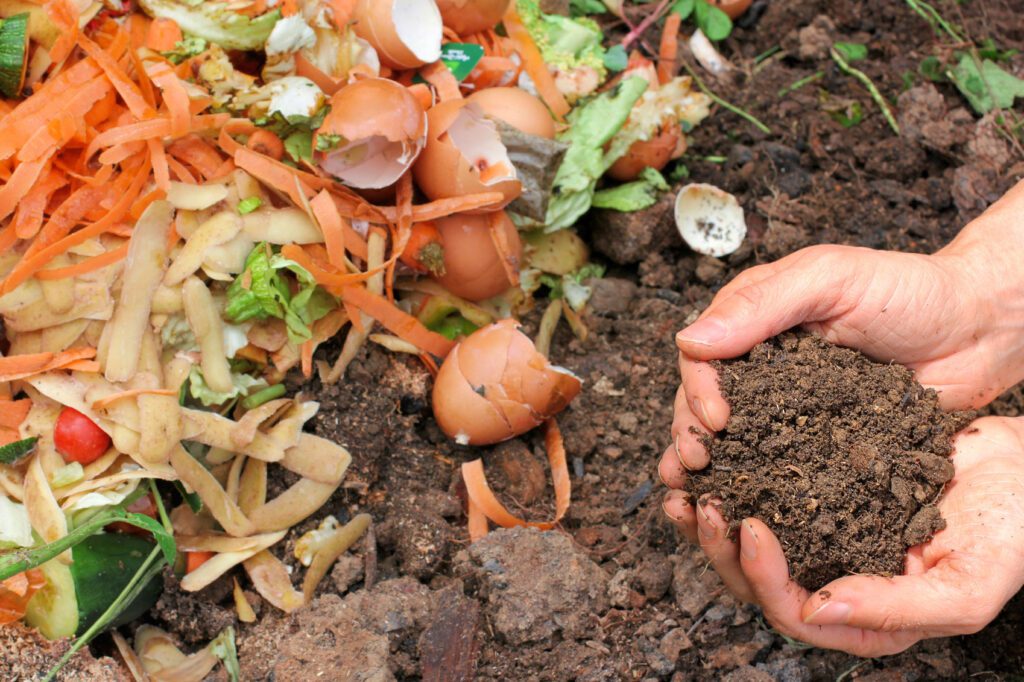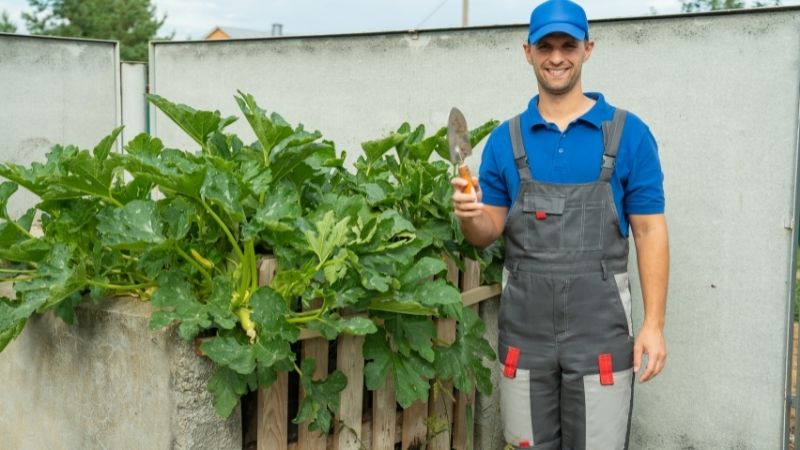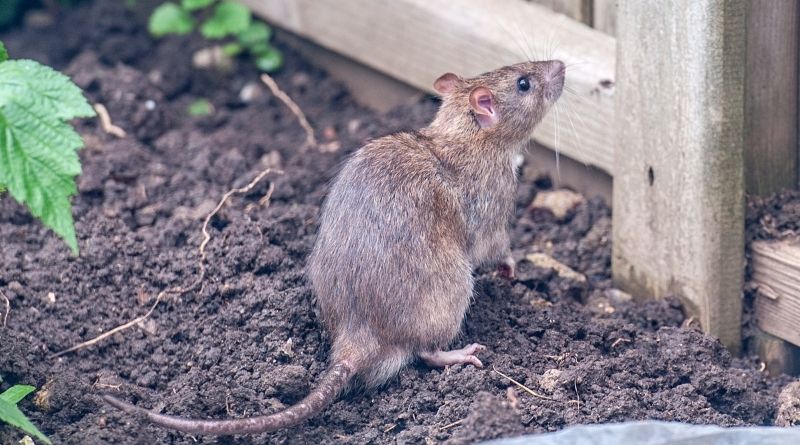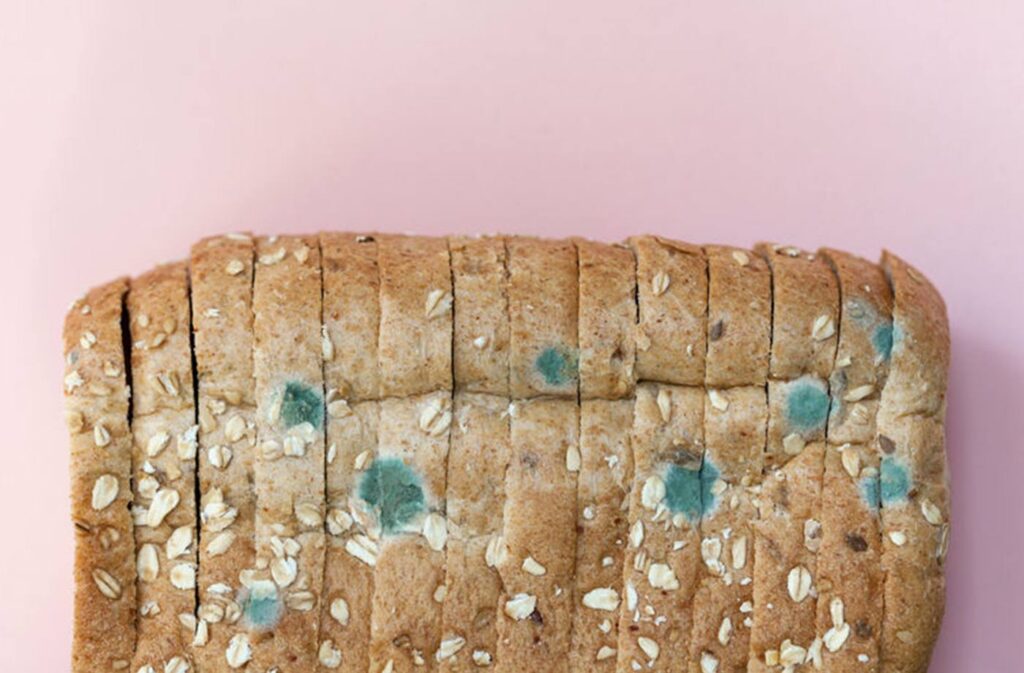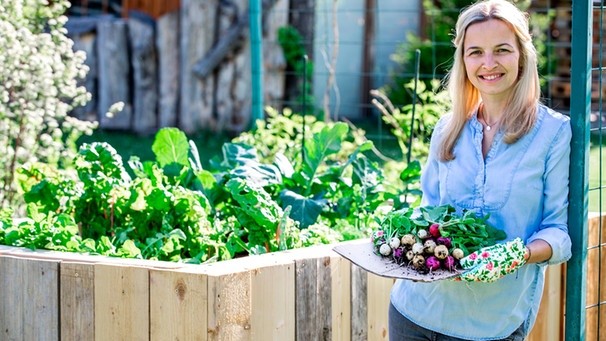Bury Kitchen Scraps Directly in Garden and This Happens
Burying kitchen scraps directly in your garden can have several benefits, as well as some considerations to keep in mind. Here’s what happens when you bury kitchen scraps in your garden: Benefits: Considerations: How to Bury Kitchen Scraps: Burying kitchen scraps directly in your garden can be a sustainable and beneficial practice, but it’s important […]
Bury Kitchen Scraps Directly in Garden and This Happens Read More »

